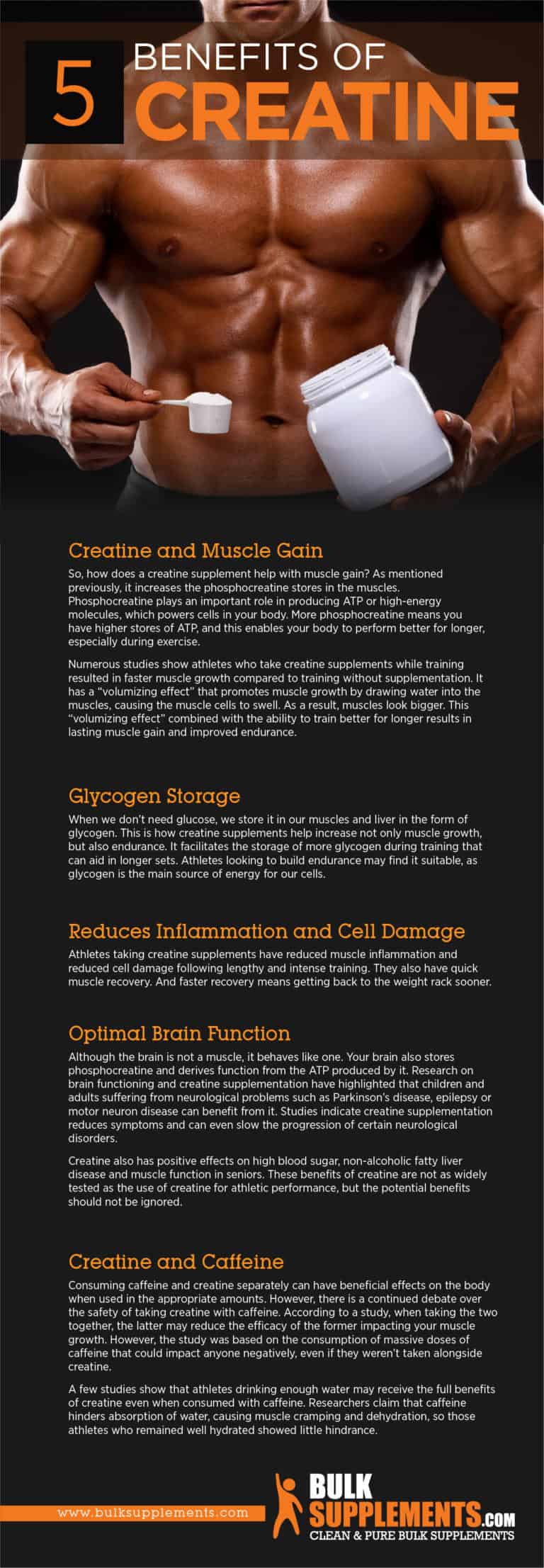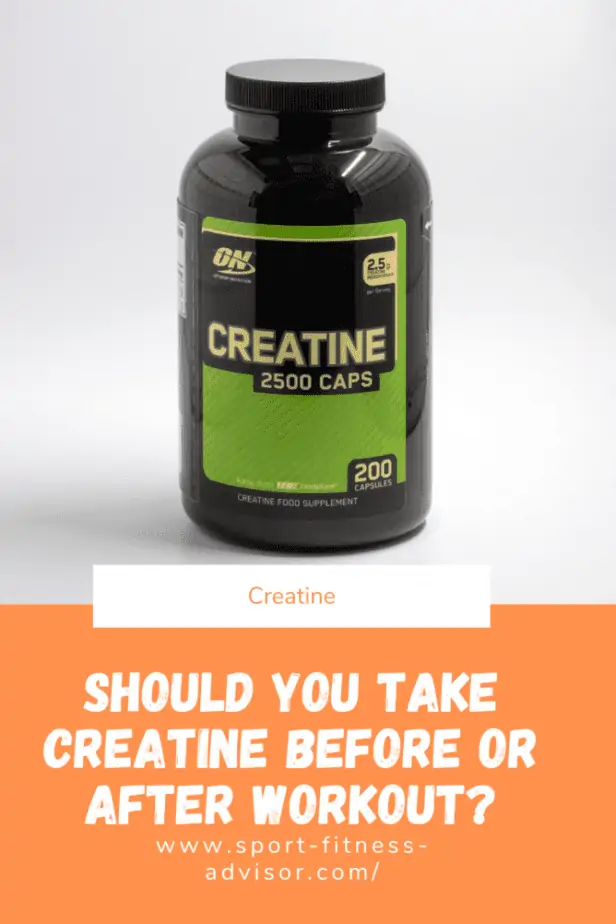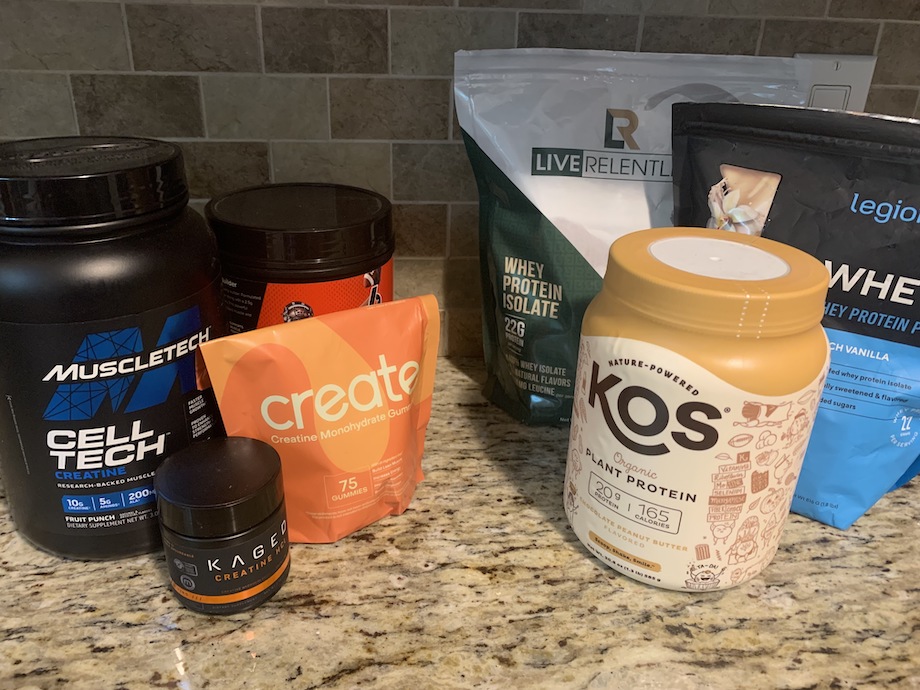Can You Take Creatine With At Home Workout

The rise of at-home fitness, accelerated by global events, has sparked a renewed interest in optimizing workout results. Among the most popular supplements, creatine stands out, prompting a crucial question: Can you effectively take creatine while primarily engaging in at-home workouts? The answer isn't a simple yes or no, and depends heavily on individual goals, training intensity, and dietary considerations.
This article delves into the science behind creatine, its potential benefits and drawbacks in the context of home-based fitness routines, and provides guidance on how to make an informed decision about incorporating this supplement into your workout regimen. We'll explore the considerations around workout intensity, dietary needs, and specific at-home exercise types to provide a comprehensive understanding of creatine supplementation in this environment.
Understanding Creatine and its Benefits
Creatine is a naturally occurring compound found in muscle cells, primarily responsible for energy production during high-intensity activities. Supplementation increases the availability of creatine in muscles, enhancing the body's ability to produce ATP (adenosine triphosphate), the primary energy currency of cells.
This increased energy availability can lead to improved strength, power, and muscle endurance. Furthermore, creatine has been shown to promote muscle growth by increasing water retention within muscle cells, leading to enhanced protein synthesis and reduced muscle breakdown.
Creatine and Home Workouts: A Closer Look
The effectiveness of creatine supplementation is closely tied to the intensity and type of exercise performed. Creatine is most beneficial during short bursts of high-intensity activity, such as weightlifting, sprinting, and plyometrics. At-home workouts that incorporate these types of exercises can certainly benefit from creatine supplementation.
However, if your at-home routine primarily consists of low-to-moderate intensity activities like yoga, Pilates, or cardio, the benefits of creatine may be less pronounced. In these cases, the energy demands aren't as reliant on the ATP-PCr (phosphocreatine) system, which creatine primarily supports.
Considerations for At-Home Athletes
Before starting creatine supplementation, it's essential to assess your at-home training regimen. Ask yourself: Am I engaging in high-intensity exercises that require bursts of power and strength? If so, creatine may be a worthwhile addition.
Diet plays a crucial role in the effectiveness of creatine. Creatine is found in meat and fish, but supplementation can help individuals, especially vegetarians and vegans, reach optimal levels. Ensure you are consuming a balanced diet with sufficient protein to support muscle growth and recovery.
Proper hydration is also key when taking creatine. Creatine draws water into muscle cells, so adequate fluid intake is necessary to prevent dehydration and potential side effects like muscle cramps.
Potential Drawbacks and Side Effects
While generally safe, creatine supplementation can cause some side effects in certain individuals. The most common side effect is water retention, which can lead to a temporary increase in body weight. This is usually harmless and resolves once supplementation is discontinued.
Some people may experience gastrointestinal distress, such as bloating, stomach cramps, or diarrhea, particularly during the loading phase. Starting with a lower dose and gradually increasing it can often mitigate these issues.
Individuals with pre-existing kidney conditions should consult with a healthcare professional before taking creatine. While research has generally shown creatine to be safe for healthy individuals, caution is advised for those with kidney issues.
Dosage and Timing for At-Home Creatine Use
The most common creatine supplementation protocol involves a loading phase of 20 grams per day for 5-7 days, followed by a maintenance phase of 3-5 grams per day. However, a slower, more gradual approach of 3-5 grams per day from the beginning can also be effective, although it may take longer to reach saturation.
The timing of creatine intake is less critical than consistent daily supplementation. Some studies suggest that taking creatine post-workout may be slightly more beneficial for muscle recovery, but overall, consuming it at any time of day is effective.
Creatine monohydrate is the most well-researched and cost-effective form of creatine. Other forms, such as creatine ethyl ester or creatine hydrochloride, are available, but they haven't consistently demonstrated superior benefits.
Expert Opinions and Scientific Evidence
Dr. Emily Carter, a sports nutritionist, emphasizes the importance of individualization. "Creatine isn't a magic bullet. It enhances performance when coupled with appropriate training and diet. For at-home workouts, assess the intensity and whether it aligns with creatine's benefits."
A 2017 meta-analysis published in the Journal of Strength and Conditioning Research concluded that creatine supplementation enhances muscle strength and power performance in both trained and untrained individuals. This supports the use of creatine even within the context of at-home fitness.
The International Society of Sports Nutrition (ISSN) has also stated that creatine monohydrate is a safe and effective supplement for improving athletic performance and muscle growth.
Making an Informed Decision
Ultimately, deciding whether to take creatine with at-home workouts depends on your individual goals, training style, and overall health. If you're engaging in high-intensity exercises, have access to proper equipment (weights, resistance bands, etc.), and maintain a balanced diet, creatine could provide a performance boost.
However, if your at-home routine is primarily low-impact or focused on endurance, the benefits may be minimal. In this case, focusing on optimizing your diet, sleep, and recovery may be more effective.
Consult with a healthcare professional or registered dietitian before starting any new supplement regimen, especially if you have any underlying health conditions. They can provide personalized advice based on your specific needs and goals.
The Future of At-Home Fitness and Supplementation
As at-home fitness continues to evolve, so too will our understanding of how supplements like creatine can be effectively utilized. The integration of virtual reality and interactive fitness platforms may lead to more intense and varied at-home workouts, potentially increasing the demand for performance-enhancing supplements.
Future research may focus on optimizing creatine dosage and timing specifically for different types of at-home exercise programs. Personalized nutrition plans tailored to individual training styles could further enhance the effectiveness of creatine supplementation.
For now, understanding the science behind creatine, carefully assessing your training regimen, and consulting with professionals are key to making informed decisions about incorporating creatine into your at-home fitness journey. Remember, it's a tool, not a solution, and works best when combined with consistent effort and a well-rounded approach to health and wellness.

















